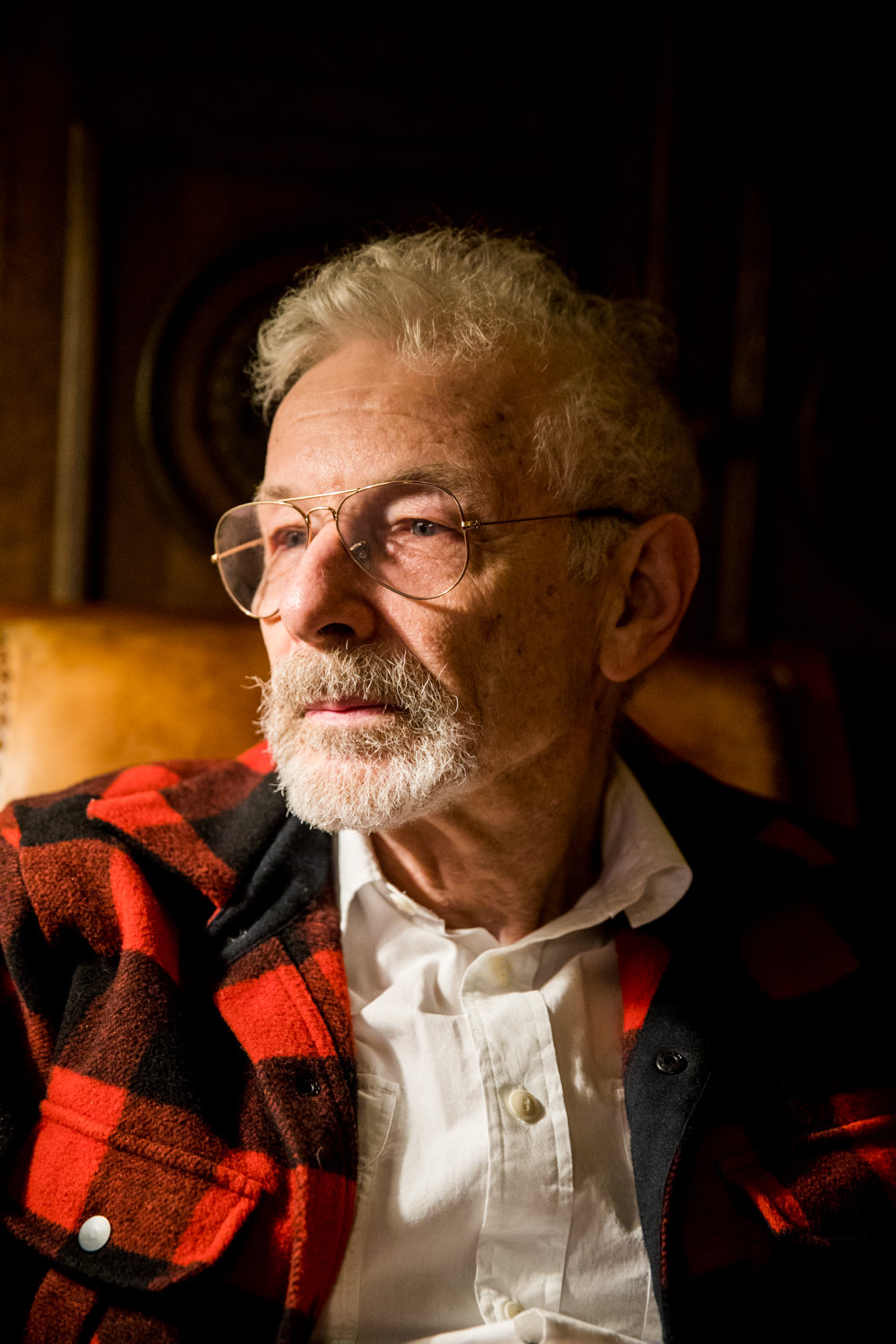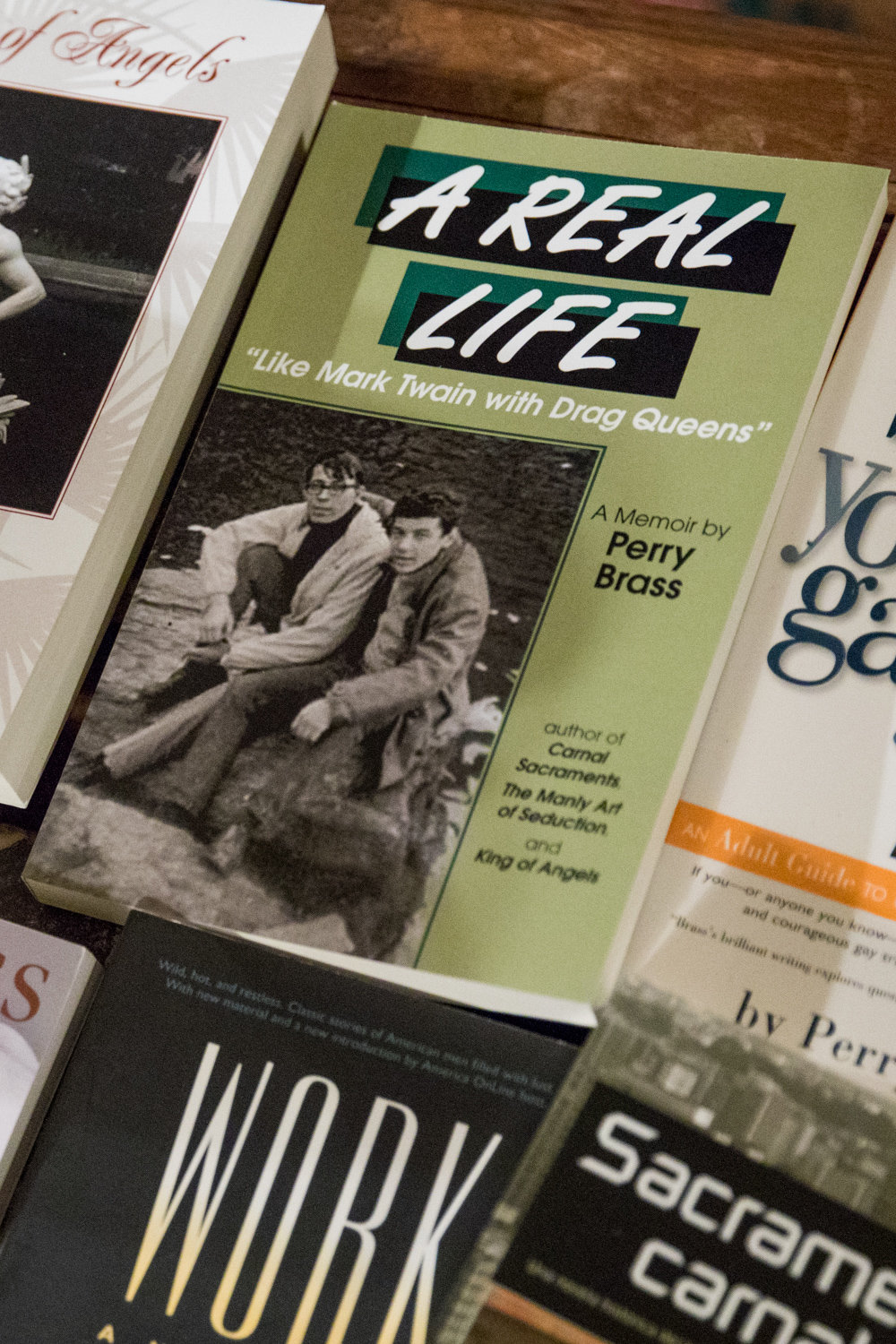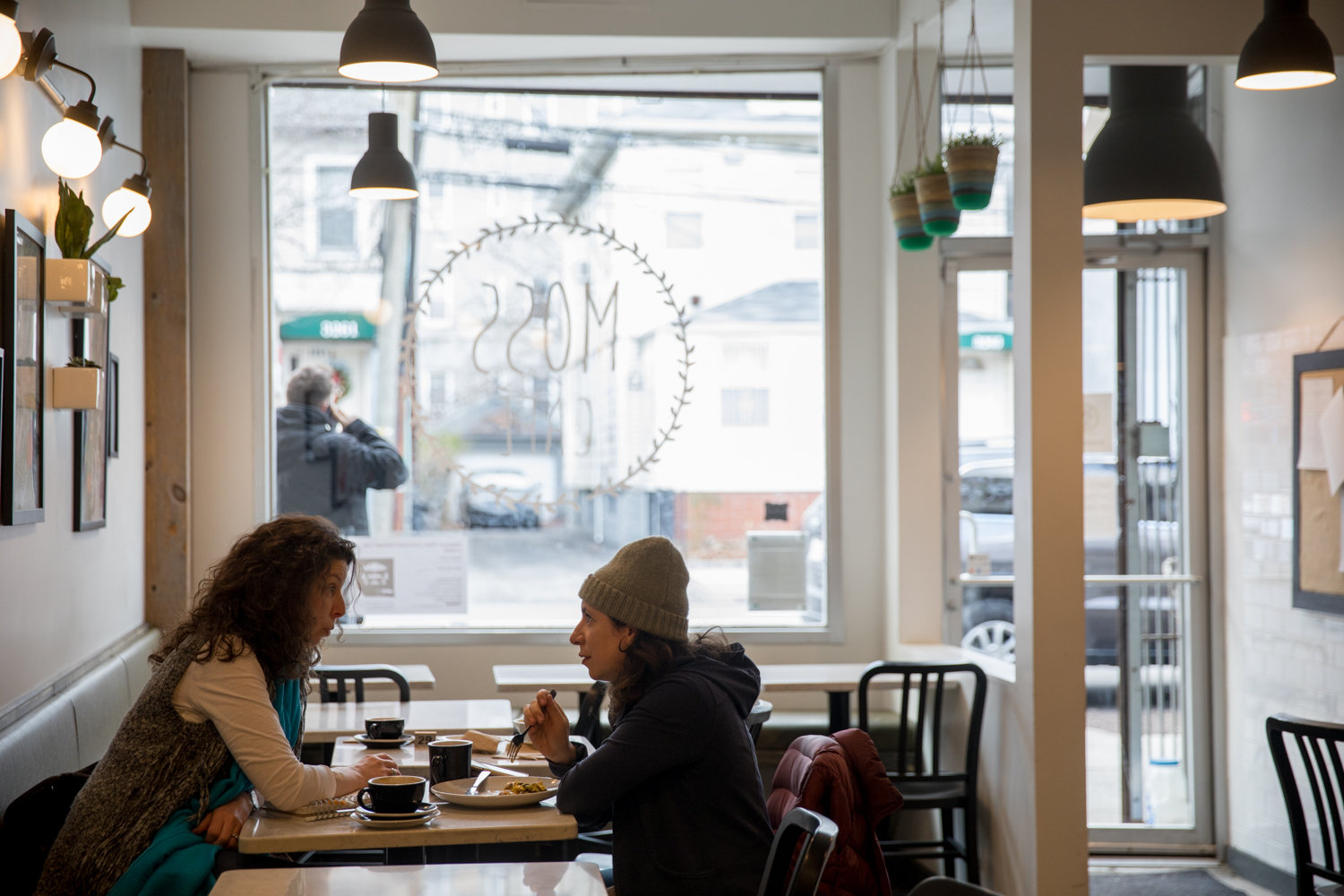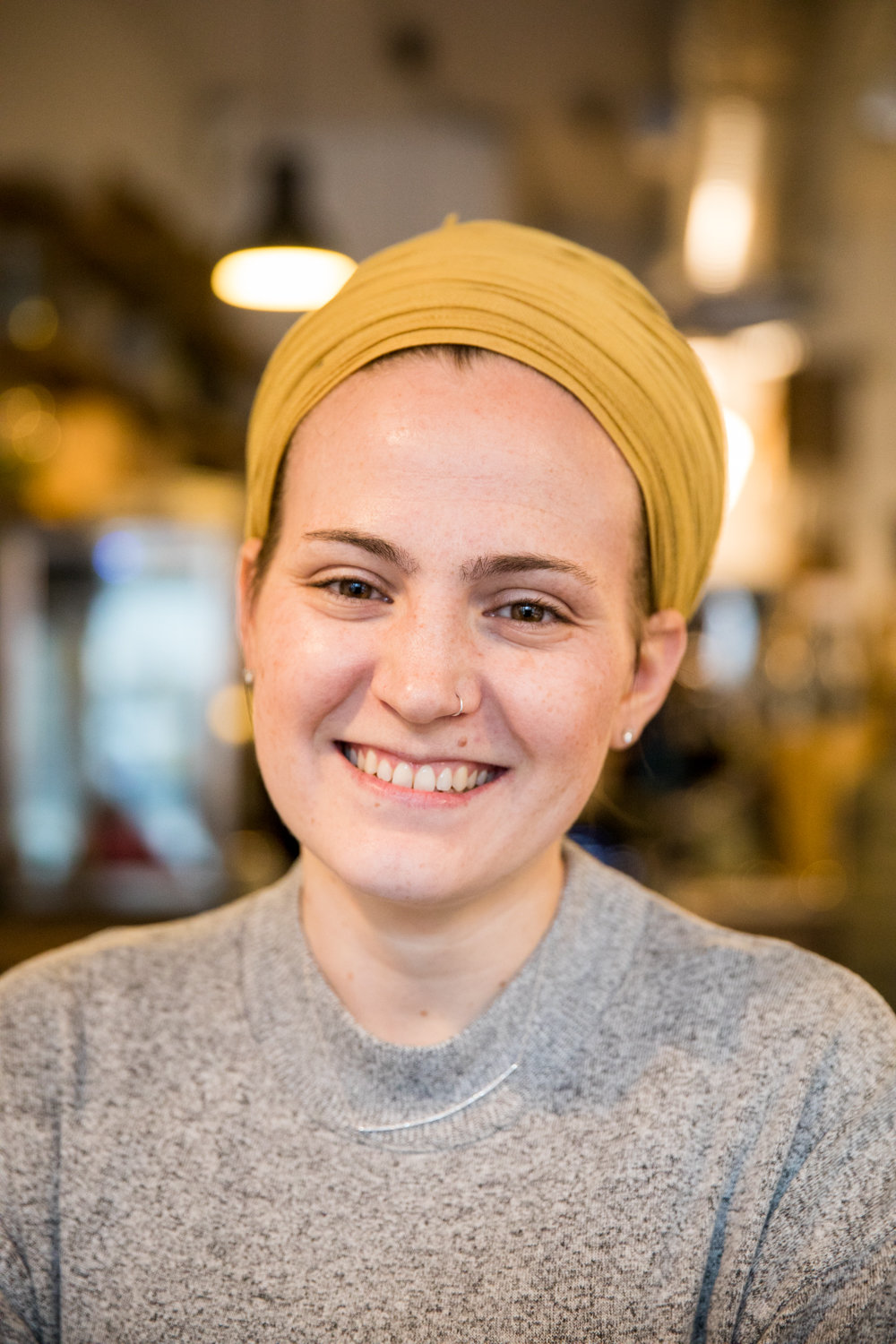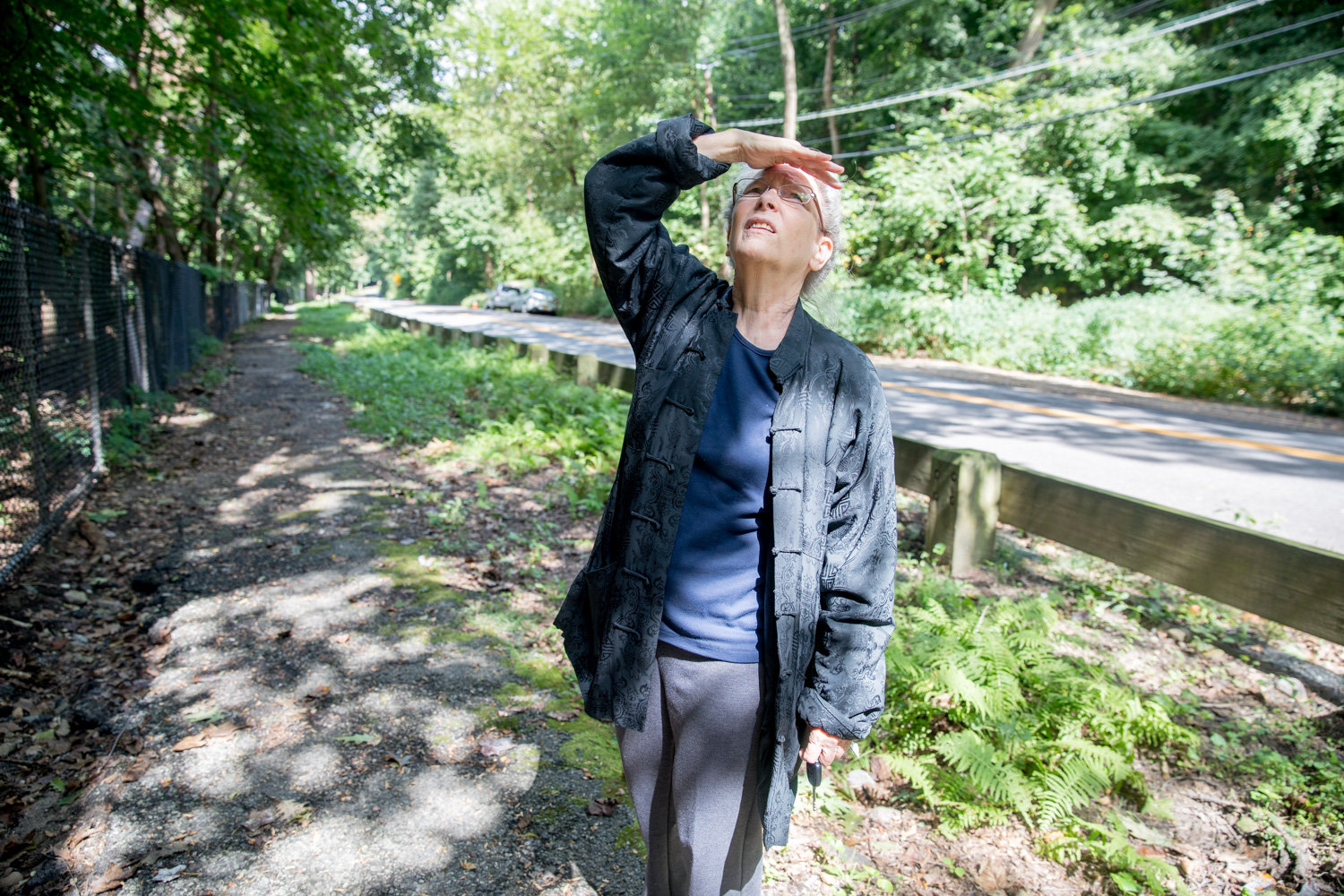So many books, so few buyers: Writers seek desert oasis
There once was a bookstore on Riverdale Avenue that welcomed late novelist Toni Morrison. It was the same bookstore that sold Salman Rushdie’s “Satanic Verses” in the late ‘80s despite the dangers that involved (as evidenced by the firebombing of the offices this very paper).
This was a bookstore proud to welcome any writer from the area, participating and engaging with the community at large.
It was called Paperbacks Plus, in the storefront where Corner Café is now at 3718 Riverdale Ave. And since its closing more than a decade ago, local writers have tried to navigate a biblio-desert in search of a viable venue to sell their books.
That hasn’t gone unnoticed by Emily Weisberg. The founder of Moss Café on Johnson Avenue, Weisberg is reminded every day about the lack of venues for local writers.
“It’s terrible,” she said. “There’s only one bookstore in the whole borough.”
While her café might not be large, Weisberg felt it was important to try anything she could lend a hand.
“Some writers approached me asking to host a little event of some sort,” she said. “As long as authors can contend with our logistics — like how long they can be there and how many will come — we’d like to help them. The vision for Moss is community, after all.”
Moss Café recently hosted a semi-formal book signing for Carmit Delman and her new novel, “Consider the Feast,” published by Open Books. It’s a small publishing house with dozens of authors, but Delman already has had a taste of the larger market. Her first book, the memoir “Burnt Bread and Chutney,” was published by Random House.
Delman’s experience with two very different sorts of publishing companies, however, are not as different as they may seem.
“Random House could be nimble and forward and maintain progress in technology and readership,” Delman said. “They were good in ways that I needed.”
Finding a place to sell
Since Paperbacks Plus closed, options for purchasing books were limited to Manhattan and the ever-growing range of decisions found online. Following the reign of the Barnes & Noble once located in Co-Op City, the Bronx is a desert of general interest bookstores, all but one independent store in Mott Haven that opened last year known as The Lit Bar.
“It’s nice to invest in the community,” Delman said. “There are a few cafes in the area that can help small writers out, that are creating events for local writers, and I’ve been learning a lot about the creative life of this community. I’m able to do that with a smaller publisher.”
Some writers, however, have no experience with the world of publishing.
Pauline Binder has lived in the area since 1977, writing her whole life. Only recently has she considered getting her work published. And it started with her novel, “Doin’ Hair,” the story of two Jamaican immigrants who start a hair salon in the Bronx. Rather than attempting to publish the book traditionally, Binder set about distributing it through online retailer Amazon.
“I appreciate the possibility of publishing it like that,” Binder said. “But the question is where I can advertise it? I put up flyers all over, and I’ve done some interviews about it, which is good. But I’m planning on going all the way to Brooklyn for readings in the summer. It’s a little far.”
Binder might be new to the publishing scene, but other local authors are not, having been published by blogs, magazines or newspapers. Yet they find the experience transitioning to the world of publishing a tall task.
Sura Jeselsohn pens a regular column for The Riverdale Press called Green Scene, where she presents an in-depth look of the outdoor world around us.
“I started in 2015 or so,” Jeselsohn said. “It’s wonderful. I love finding out that at least some people read my work. But the thing about newspaper articles and columns is that they have no shelf life.”
In 2017, she began editing some of her published columns and compiling them into a book, “A Habit of Seeing,” and began sending it off to publishers big and small. After receiving little to no response, Jeselsohn turned to an alternative option: Amazon.
“Everybody ghosts you now, same with publishers,” Jeselsohn said. “It’s rare you ever get a response at all. I can take rejection and denial, but it feels awful being ignored entirely. Publishing it myself gives me control over it.”
A pretty short history
Self-publishing, as a viable industry, has a rather brief history. According to Science Fiction Writers of America, the late ‘90s saw an evolution in self-publishing thanks to the accessibility of the internet. However, getting the word out about a self-published book was just as hard as a traditional route, or even more difficult. With time, according to Jeselsohn, opportunities for exposure haven’t improved.
“Trying to advertise on the internet is beyond me,” Jeselsohn said. “And I’m sure I’m not the only one. Even if I figured out how to get the word out about it online, I’d still be competing with a whole world of other authors.”
Although she self-published, Jeselsohn did manage a portion of old-fashioned spotlight.
“I managed to receive an encomium from a fellow writer associated with Kirkus,” Jeselsohn said. “Then I received word that Kirkus would list and review it. It’s a very old publication. And well respected, too.”
Jeselsohn also expressed intrigue at the search engine Kirkus Reviews boasts, which helps locate independent bookstores across the country.
“I want to consult bookstores near the end,” Jeselsohn said. “The problem’s also with fewer bookstores nearby. I don’t want to go into Manhattan so much. I like to think people still read, but it’s a different quality now. If there was somewhere nearby I could present my book, I think it’d do better.”
Perry Brass doesn’t call himself a self-published author. As the founder of the Belhue Press, Brass remembers a time long before the boom of self-publishing set by Amazon.
“It’s different now,” Brass said. “In 1990, when I started my press, it was an entirely different setup. For example, there were still major and minor distributors that decided on the quality of your work and if they wanted to ship it worldwide. The ‘90s were a fantastic period for indie publishers.”
Getting what they deserve?
Brass expressed amusement at the fall of Barnes & Noble since he personally holds them responsible for the loss of small chains and independent bookstores, which previously inhabited the area. Yet even Barnes & Noble’s successor, Amazon, holds no place in Brass’ heart.
“The internet’s a censored place,” Brass said. “My books, some of which may be erotic in nature — though certainly not smut — are censored by Facebook and Amazon because their underpaid clerks consider a word like ‘seduction’ in the title to be too much. However, if you type in the word ‘seduction’ into Amazon, you find a treasure trove of romance novels by women about straight women, but very few books that are about gay relationships. It’s censorship.”
Yet Brass and others continue to write and continue hoping that eyes will fall upon their books — be it on a computer screen or on a shelf.
“There was a fine little bookstore on Riverdale Avenue,” Binder said. “I can’t remember the name, but the person who ran it was very kind. Now there’s nothing. There are so many open commercial spaces right here in the area, and they could be filled by a bookstore.
“I think that would serve a lot of people in the community.”

